We were lucky to catch up with Dr. Bashir Easter recently and have shared our conversation below.
Dr. Bashir , thanks for joining us, excited to have you contributing your stories and insights. Was there a defining moment in your professional career? A moment that changed the trajectory of your career?
When her words stopped my lifetime of service began. In 2007 my mother Deloris Pitts was not controlling her A1C, her levels were so out of control she was told that she was in jeopardy of amputation. With her diabetes being unmanaged she began to have ulcers on the bottom of her feet. This was the cause of the medical decision of amputation. The thing that was confusing is that my mother had a medical background, my sisters and I couldn’t understand why she was not taking care of her A1C. Later we were alarmed to learn that she was forgetting that she had not taken her medication. The surgeon was able to save her leg but stated that they would still need to do an amputation of her toes due to the ulcer infection. We prepared ourselves for the surgery and expected a good report. Waiting for the outcome, her surgeon came to us and stated that the surgery went well. We went to see our mother in the recovery room, she looked well but something was different, she was sitting up in the bed with a smile on her face, but she was not speaking. We asked the nurses what was wrong, she stated my mom was still dealing with the anesthesia and when the anesthesia wears off, she should be back to normal. We prepared my mother for discharge and as we drove her home, she did not speak the whole ride home.
The next day was the same as before, she had not spoken for 24 hours, she would just smile and look confused. We took her back to the doctor, and we stated to them that my mother has not spoken since she had her surgery. They took my mother back in a separate room for about an hour and came back and said my mother had dementia and that she could no longer live by herself. My sisters and I looked very confused and stated what is dementia? What kind of medication does she need to take to get better and what do you mean she can no longer live by herself? The doctor did not tell us what Dementia was, he did not provide directions to resources and supports. Because of the family not getting the right support and services from the doctor it led us on a 6-year journey of trial and many errors of trying to provide proper care. We had know idea that we were now a part of statistics that state African Americans are 2 times higher to be diagnosed with ADRD, which also includes early onset as my mother was 55 years of age. Little did I know my mother’s test of 18 years of care would be her testimony. That day my mother lost her ability to speak, I began my training journey to be able to help individuals who are caring for their loved one with dementia as well.
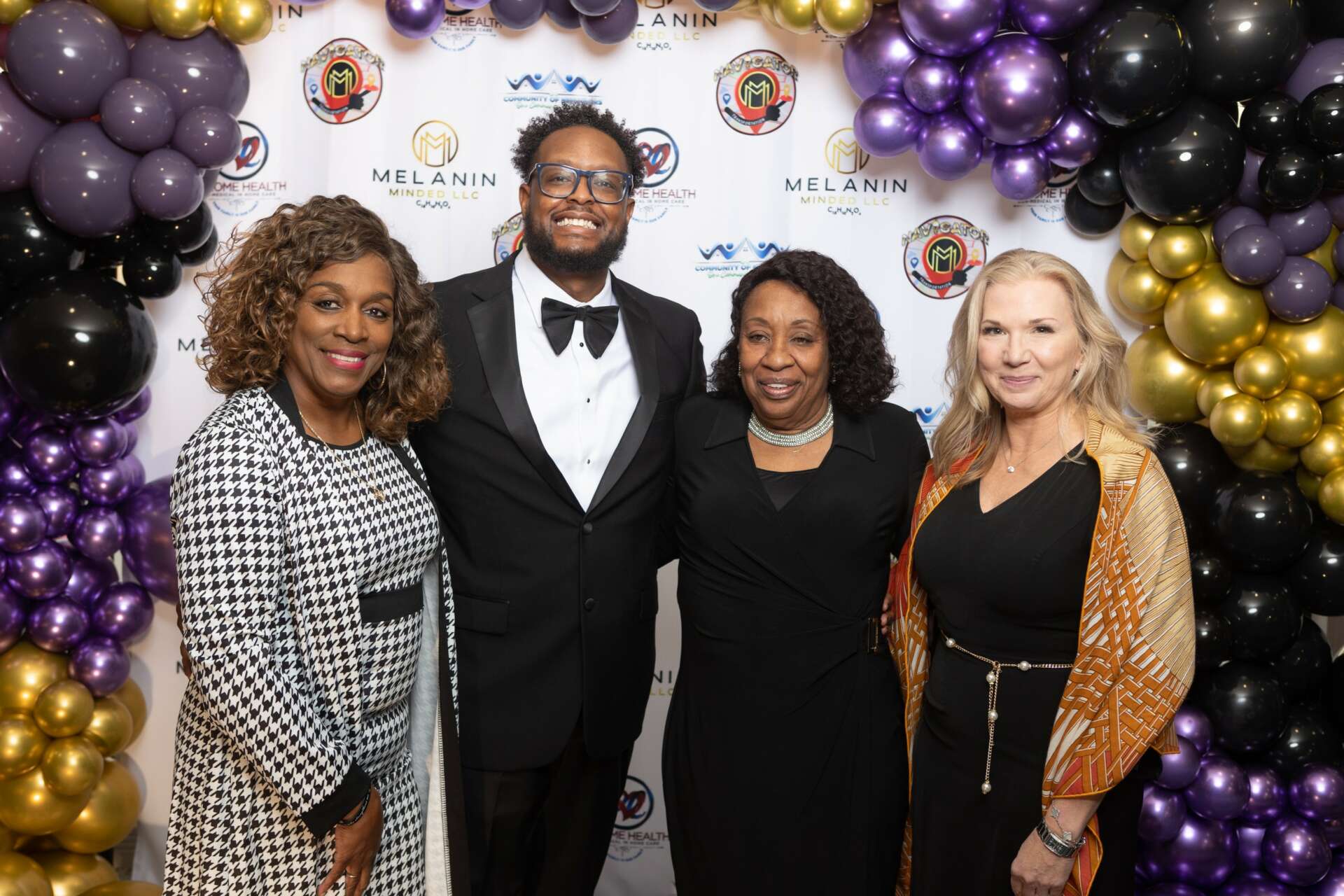
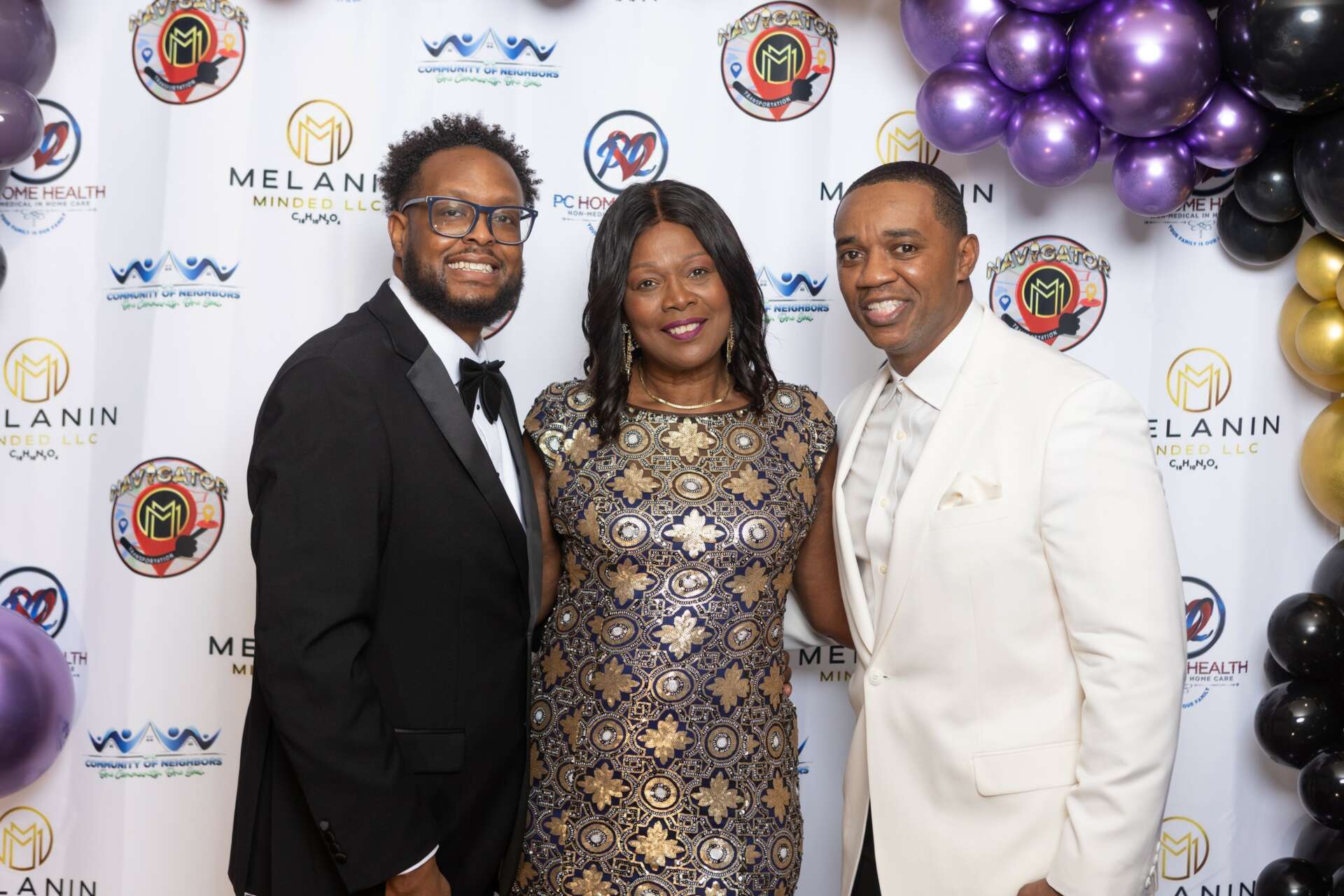
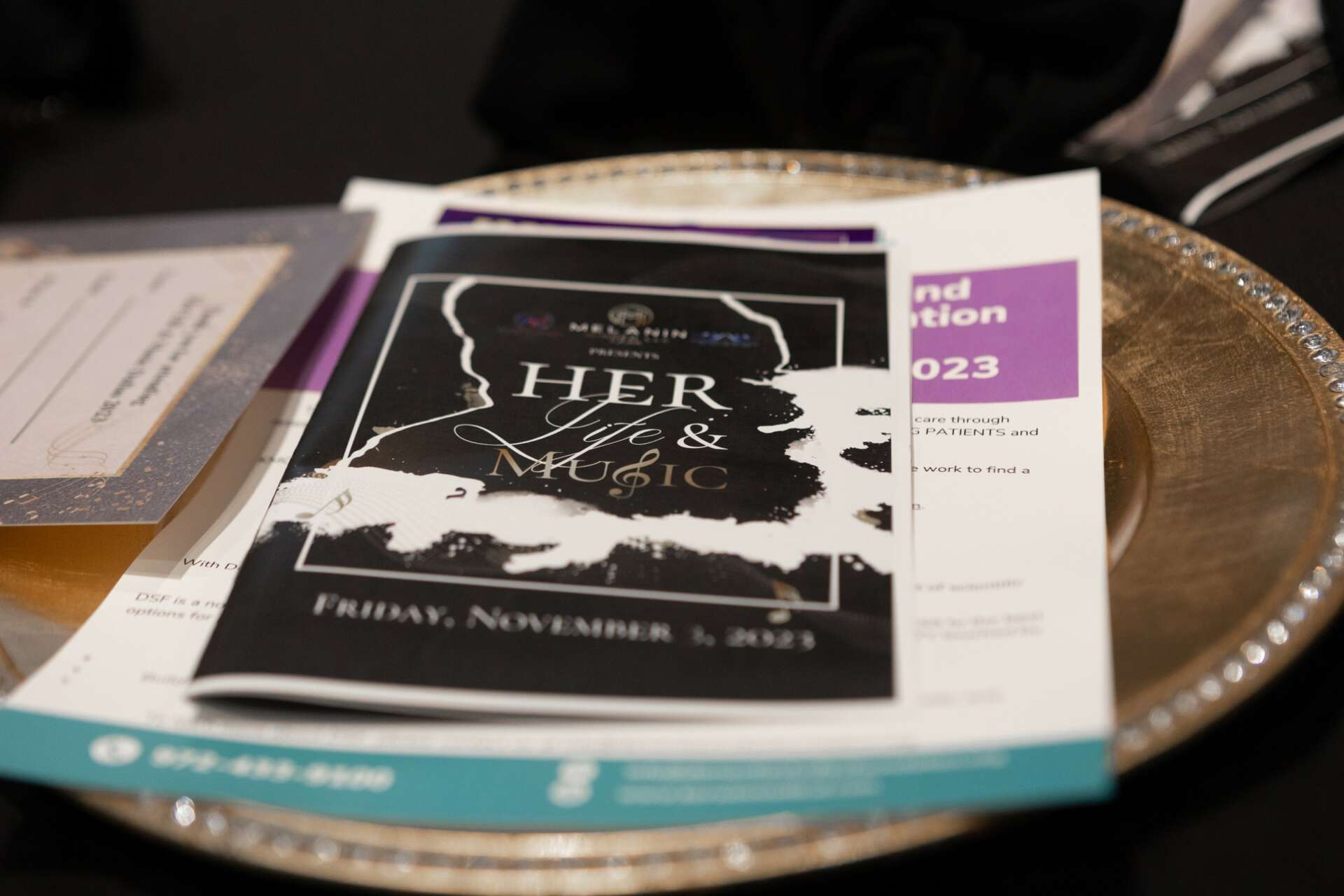
Dr. Bashir , love having you share your insights with us. Before we ask you more questions, maybe you can take a moment to introduce yourself to our readers who might have missed our earlier conversations?
I started Melanin Minded LLC in 2021 and Melanin Minded Foundation in 2023, the goal to build a Dementia Capable Community in underserved areas. The mission is to be the Bridge for Information, Services and Supports for people of color and the larger vision is to empower and equip people of color to have the optimum quality of life. The four services directly focus on caregivers and people living with Alzheimer’s disease and related dementias (ADRD). Navigator transportation: To meet the needs of a growing population of individuals soon to be unable to drive due to the progression of the disease. A Ride-share app called “My Melanin Nav”, is an alternative transportation option that will be utilized to support access to the dementia friendly communities that are created. The Navigator Transportation program will train drivers to be able to transport individuals living with ADRD, caregivers, people with limited disabilities and seniors to areas safely. Drivers will assist the individual from their home to the car as well as hand to hand of the desired location. This service will be the entry to each community with the use of a program pilot to determine feasibility in each community, which gets individuals with mild cognitive impairment seniors and people with limited disabilities back into the community that they stepped away. We also do navigator coaching in which we walk individuals through the process of providing care for their loved one correctly. We have a program called the Bridge Youth Program which focuses on the youth, they’re listed as invisible caregivers. We provide culturally tailored age-appropriate training that gives the youth a voice and helps them provide direct care services to give their loved ones. In alignment with my doctoral research completed in 2020 the Bridge Youth program was created for People of Color (POC) adolescent caregivers for loved ones living in the home with ADRD diagnoses. POC’s have a high prevalence of Alzheimer’s and Related Dementias ADRD diagnoses. Inequalities in ADRD diagnoses among six different ethnic groups of patients with dementia: POC s, Asian-Americans, Latino, Pacific Islanders, American Indians, and Alaska Natives (AIANs) and Whites. Across a 14-year time frame, this massive research studied over 250,000 ADRD 28 patients, ages 64 and older. It was found that African Americans had a 40% higher risk of ADRD than Whites. Most people with ADRD live at home, with family caregivers who are their informal caregivers. The informal caregivers are usually an unpaid family member or friend that aids in daily care activities for an individual unable to perform self-care needs. POC families have strong cultural beliefs in shared care- giving. Associated with these families is a cultural expectation for family members to provide care without questioning their care-giving roles, including adolescents. This obligation as a cultural belief called familism, which is a strong sense of commitment to one’s family. Adolescents providing care to a relative with ADRD are considered hidden caregivers in family caregiver systems. The POC’s adolescent caregivers provided care for family members with an array of care needs. Including but not limited to ADLs of washing, dressing, walking, using the toilet, and feeding and the IADLs, such as shopping and meal preparation, house cleaning, communication, and medication. These services have been listed as certifiable skills by the National Association for Home Care personal care assistance. The last thing we focus on as well is men’s health, we get the men to know their numbers because men are also providing care as I was providing care for my mother, I had no clue that I was being prepared for my life’s mission to give hope to caregivers and people living with (ADRD).
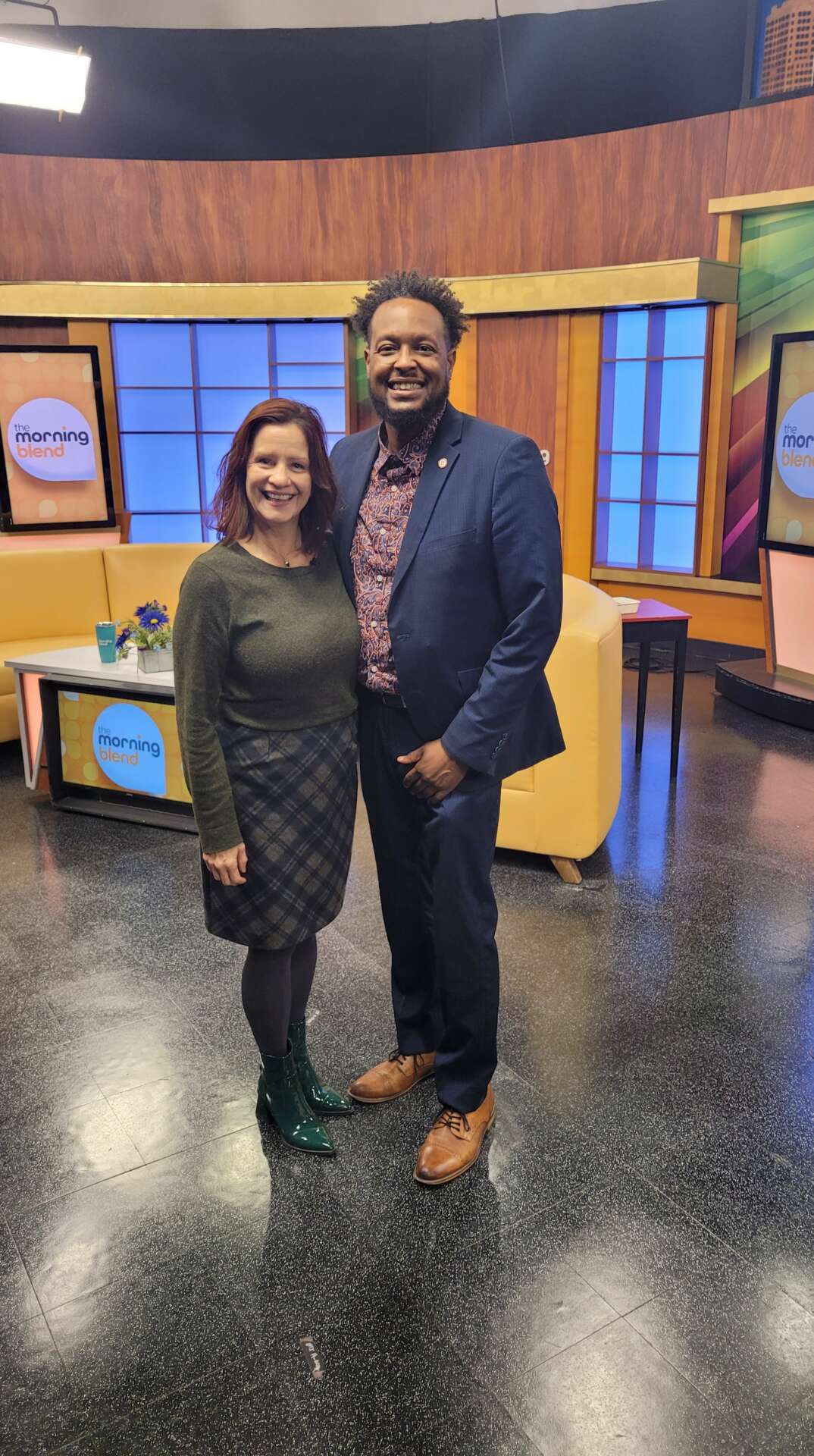
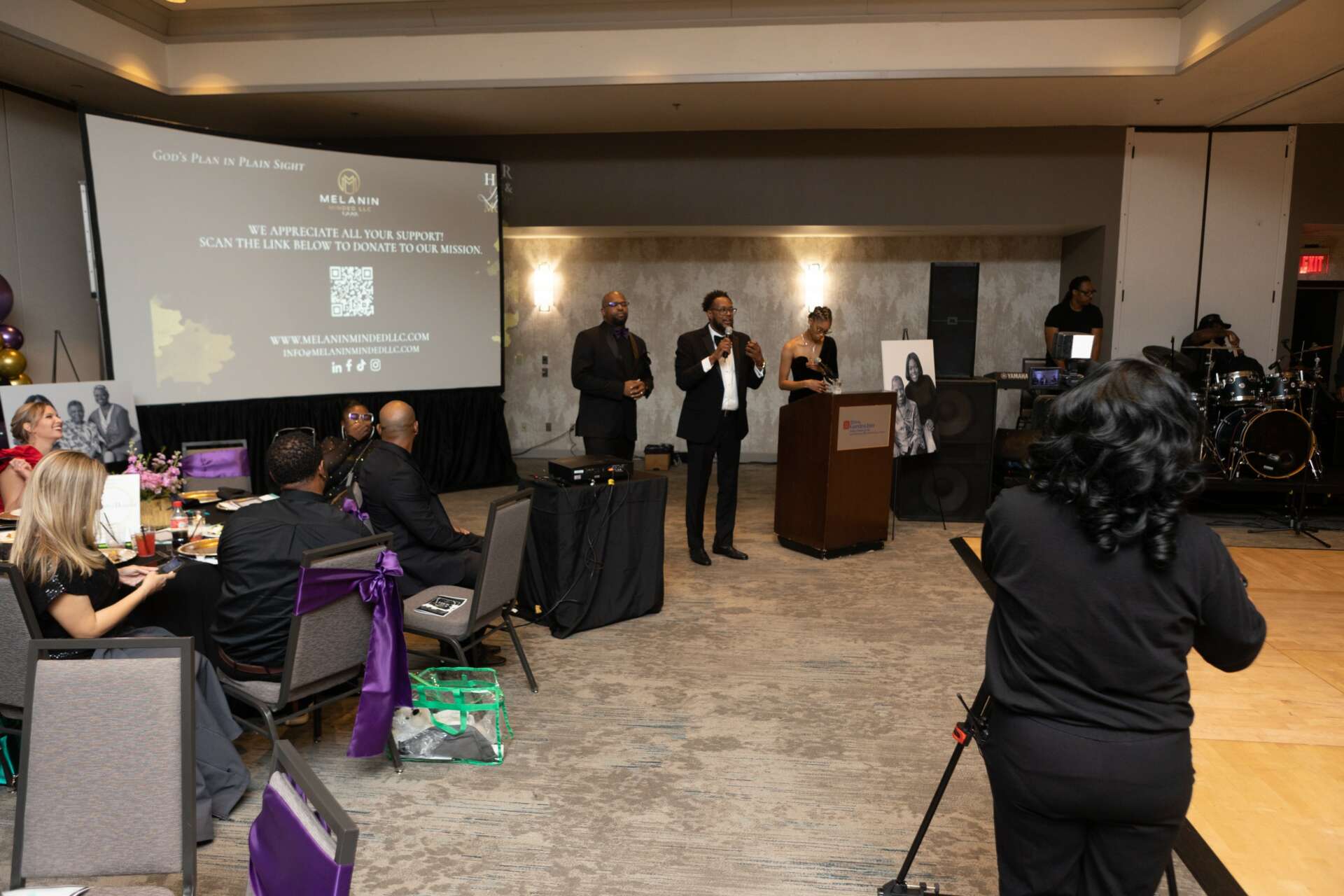

Other than training/knowledge, what do you think is most helpful for succeeding in your field?
Creating dementia-friendly communities is of utmost importance in today’s society. As the number of individuals affected by dementia continues to rise, it is crucial that we come together to provide support, understanding, and inclusivity for those living with the condition and their caregivers.
A dementia-friendly community is one that fosters an environment where individuals with dementia can feel safe, valued, and respected. It goes beyond simply raising awareness about dementia; it involves implementing practical strategies and initiatives that enable people with dementia to maintain their independence, participate in community activities, and enjoy a good quality of life.
The benefits of creating dementia-friendly communities are numerous. Firstly, it helps to reduce the stigma and misconceptions associated with dementia. By increasing awareness and understanding, we can combat the fear and discrimination that often surrounds the condition. This allows individuals with dementia to feel accepted and supported by their community, reducing feelings of isolation and promoting social engagement.
Secondly, dementia-friendly communities provide a sense of security for both individuals with dementia and their caregivers. With proper signage, well-trained staff, and accessible facilities, individuals with dementia can navigate their community with confidence and minimal confusion or anxiety. This not only enhances their independence but also alleviates the burden on caregivers, who can feel more at ease knowing their loved ones are in a safe and accommodating environment.

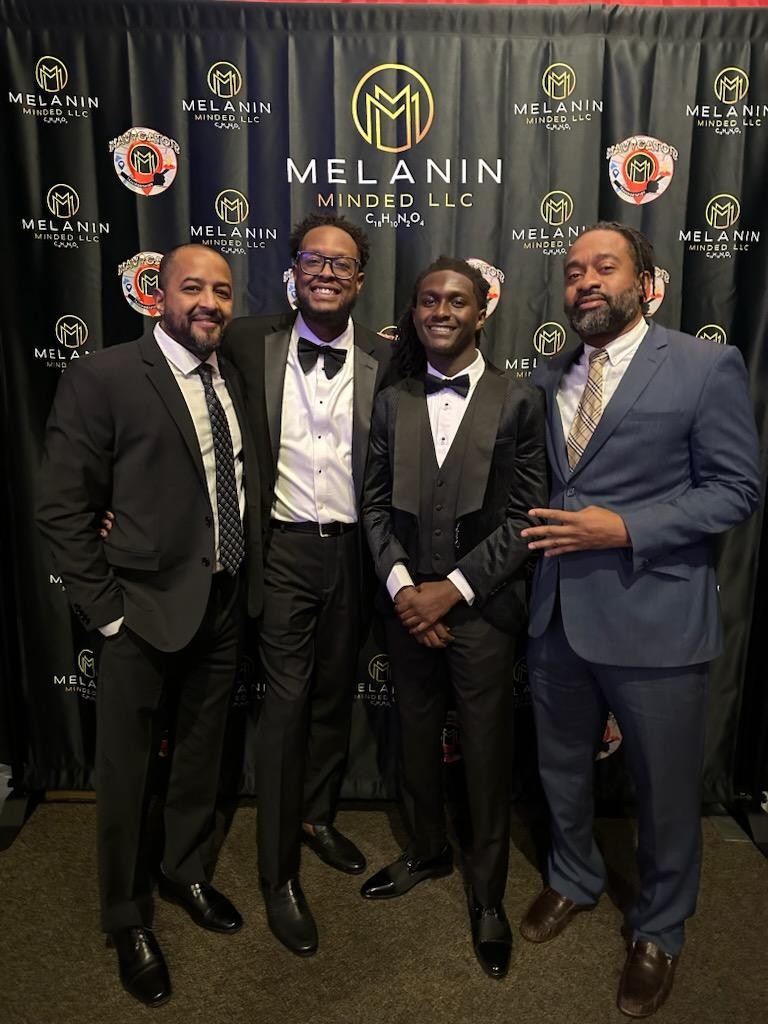
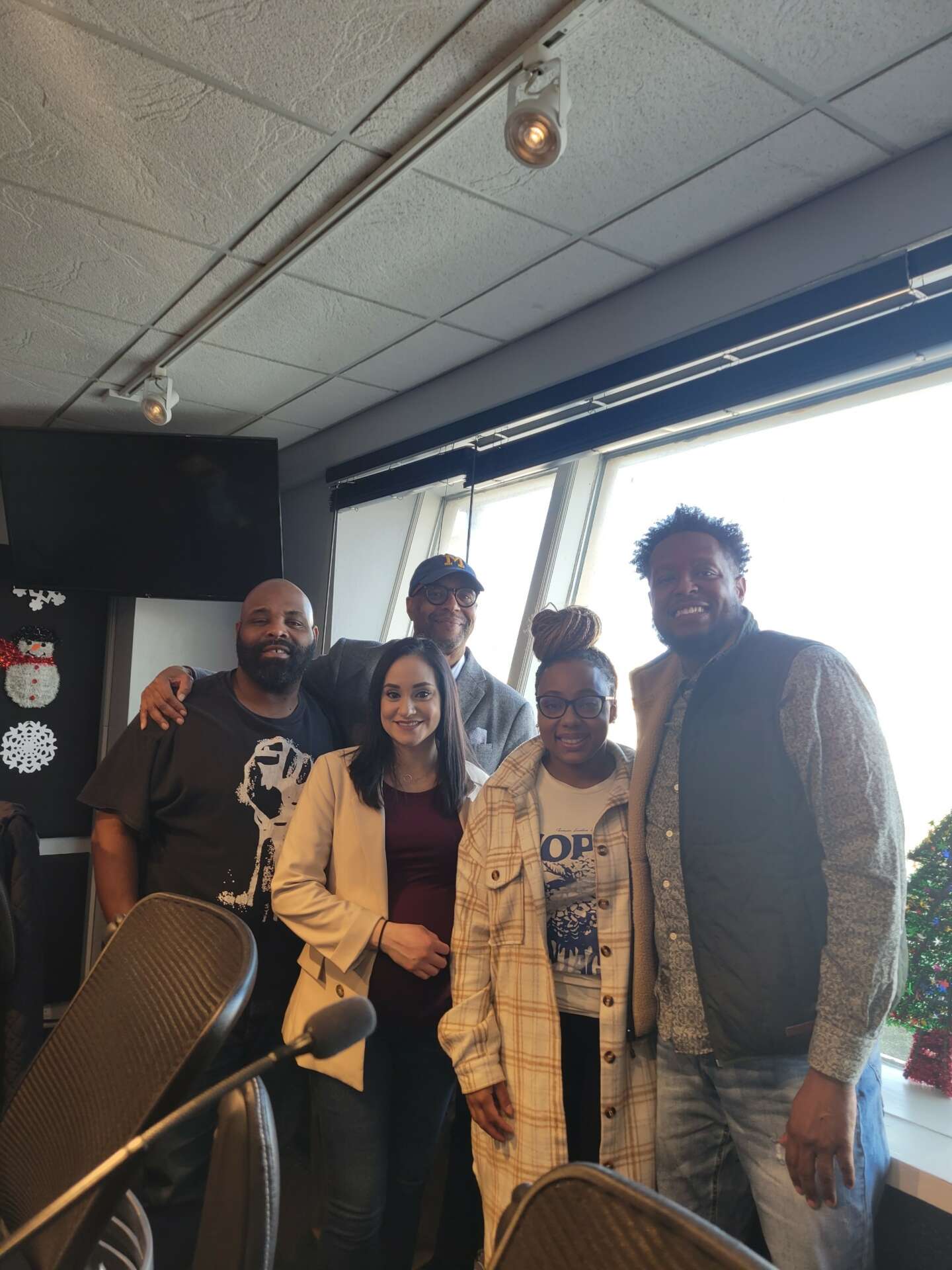
We’d love to hear a story of resilience from your journey.
I have focused my craft to empower the African American and Latinx communities about the diseases as research has stated that these groups are disproportionately diagnosed with ADRD at a higher rate and appear to live with the disease for longer than people of other races. In 2018, 5.7 million Americans were living with Alzheimer’s. This number is expected to increase to 14 million by 2050. With a longer lifespan than previous generations, the Baby Boomer generation (those born between 1946 and 1964) is the first generation to experience Alzheimer’s Disease-Related Dementia (ADRD) at such an alarming rate.
The main areas my works could address include lack of patient/community knowledge about available resources, Lack of preventative services & education, work with political leaders to improve built environment and acknowledge connectivity of built environment to chronic health issues, Increase health education on all levels, especially with youth (school-based health centers).

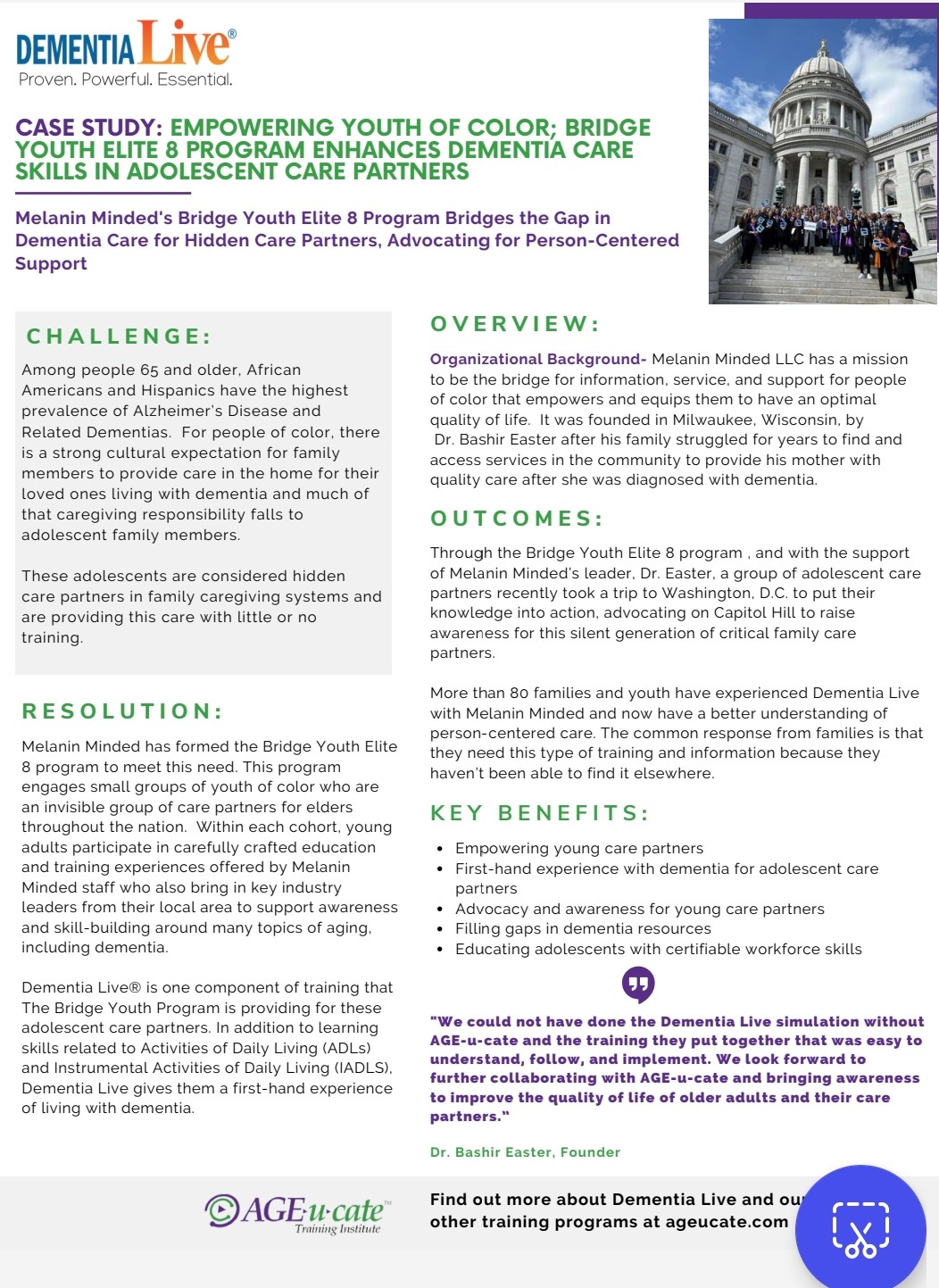
Contact Info:
- Website: melaninmindedllc.com
- Instagram: @melaninmindedllc
- Facebook: melanmindedllc
- Other: https://youtu.be/cwe-bl0Ryos https://wisn.com/article/new-rideshare-app-offers-safe-transportation-for-milwaukee-dementia-patients/44396088 https://www.tmj4.com/news/local-news/milwaukee-company-creates-rideshare-program-to-help-dementia-patients?_amp=true https://blueprint365.org/the-hustle/startup-to-launch-pilot-providing-transportation-for-people-with-dementia/
Image Credits
Sharon Jordan Ruth Busalacchi Marie Taylor Pastor Marlon Lock Dr. Diane Kerwin Regina Clark Jones Sandy Montes-Gruber Shanelle Snowden Don Pannell Jason Flagg Louis Burrell Jaden Easter Selwyn Jarvis Antoine Beachum Bryunna Allen


